The government has recently set out its Growth Plan for 2022. With the cost of living crisis, high inflation and energy bills soaring, focusing on boosting the economy is important.*
The government has notable changes planned for the next tax year, and even recently has reversed one of it’s previous tax decisions to scrap the 45p rate, which is paid by people who earn over £150,000 a year. For the most up-to-date information on these changes, make sure to check the government website.
But what does this mean for your small business? Kwasi Kwarteng, Chancellor of the Exchequer, outlined in his recent mini-budget cuts to tax and National Insurance, as well as boosting funding to support the economy.
We look at the changes coming into effect for the new tax year in 2023 and what this means for you.
Changes to tax
First things first, tax. The government will reduce the basic rate of income tax to 19% for England and Wales from April 2023, 12 months earlier than planned. This will apply to non-savings and non-dividend income for taxpayers in England, Wales and Northern Ireland.
A four-year transition period for Gift Aid relief will apply, to maintain the income tax basic rate relief at 20% until April 2027. There will also be a one-year transitional period for Relief at Source (RAS) pension schemes to allow them to continue to claim tax relief at 20%.
Be aware that the income tax announcements do not automatically affect rates in Scotland. The Scottish Government, which has responsibility for setting bands and rates of income tax in Scotland, will set out its plans for income tax in its draft budget in December.
National Insurance (NI)
As previously announced, in April this year, the rate of National Insurance contributions across all classes (except Class 2 and 3) was increased by 1.25%. But, to note, the new Health and Social Care Levy, which was due to take effect from 6 April 2023, is now scrapped.
These rates will be reverted with effect from 6 November 2022. There are no changes to the Primary Threshold and Lower Profits Limit which were increased from £9,880 to £12,570 in April 2022. These are aligned with the personal allowance threshold.
The changes are outlined in the table below:
National Insurance changes for 2022/23
Off-payroll working (IR35) reforms repealed
From 6 April 2023, the recent reforming rules for the public sector (2017) and private sector (2021) have been repealed.
From that date, workers providing their services via an intermediary will once again be responsible for determining their employment status and paying the appropriate amount of tax and National Insurance contributions. This will free up time and money for businesses that use contractors.
Energy Bill Relief Scheme (EBRS) for non-domestic customers
This scheme will provide energy bill relief for non-domestic customers. Discounts will be applied to energy usage initially between 1 October 2022 and 31 March 2023. A similar scheme will be established in Northern Ireland, providing a comparable level of support.
The scheme will be available to everyone on a non-domestic contract including businesses, voluntary sector organisations, such as charities and public sector organisations like schools, hospitals and care homes.
Suppliers will apply reductions to the bills of all eligible non-domestic customers automatically.
Find out more about AJN here, or follow them on Twitter.



